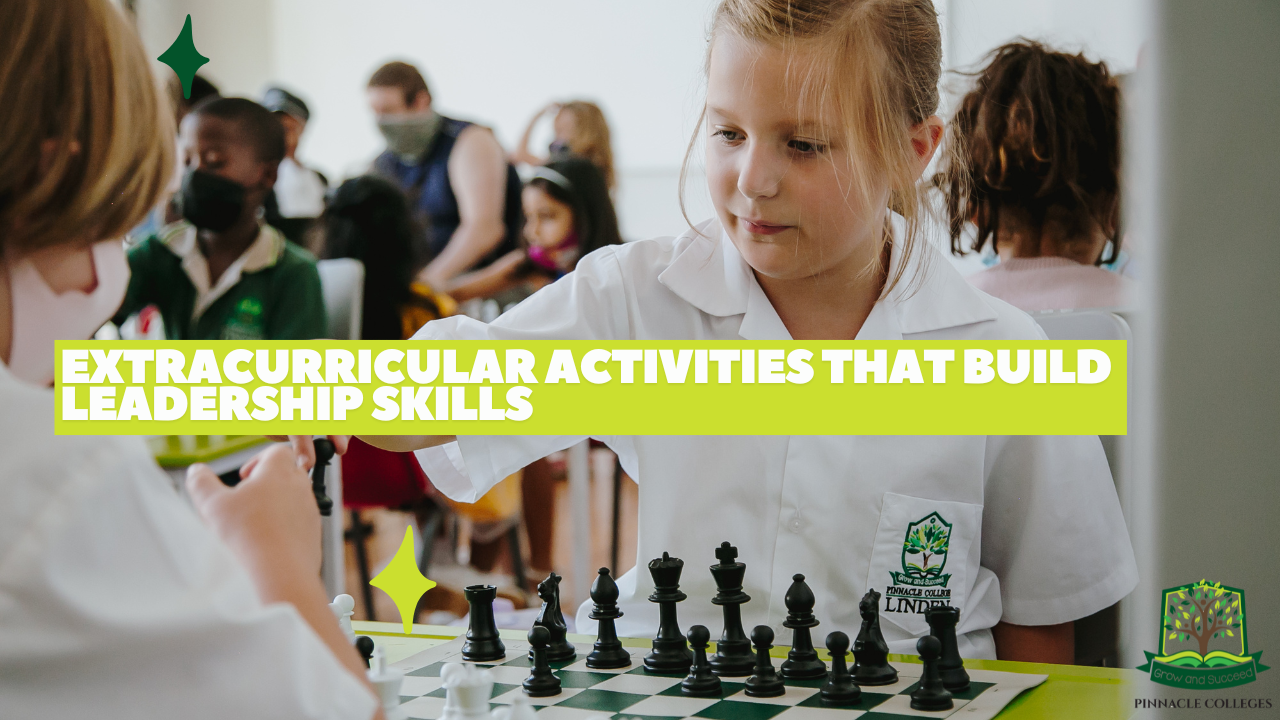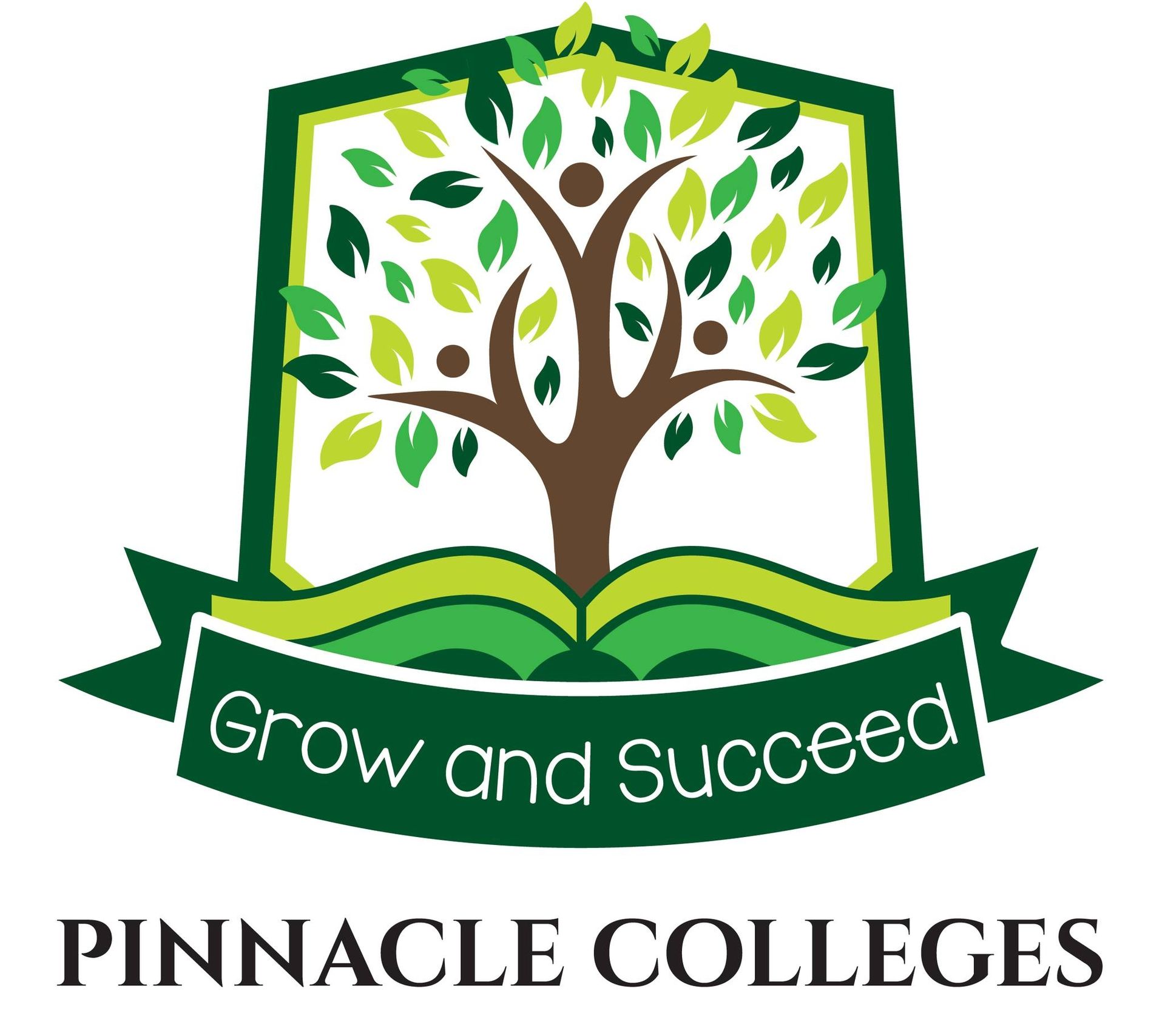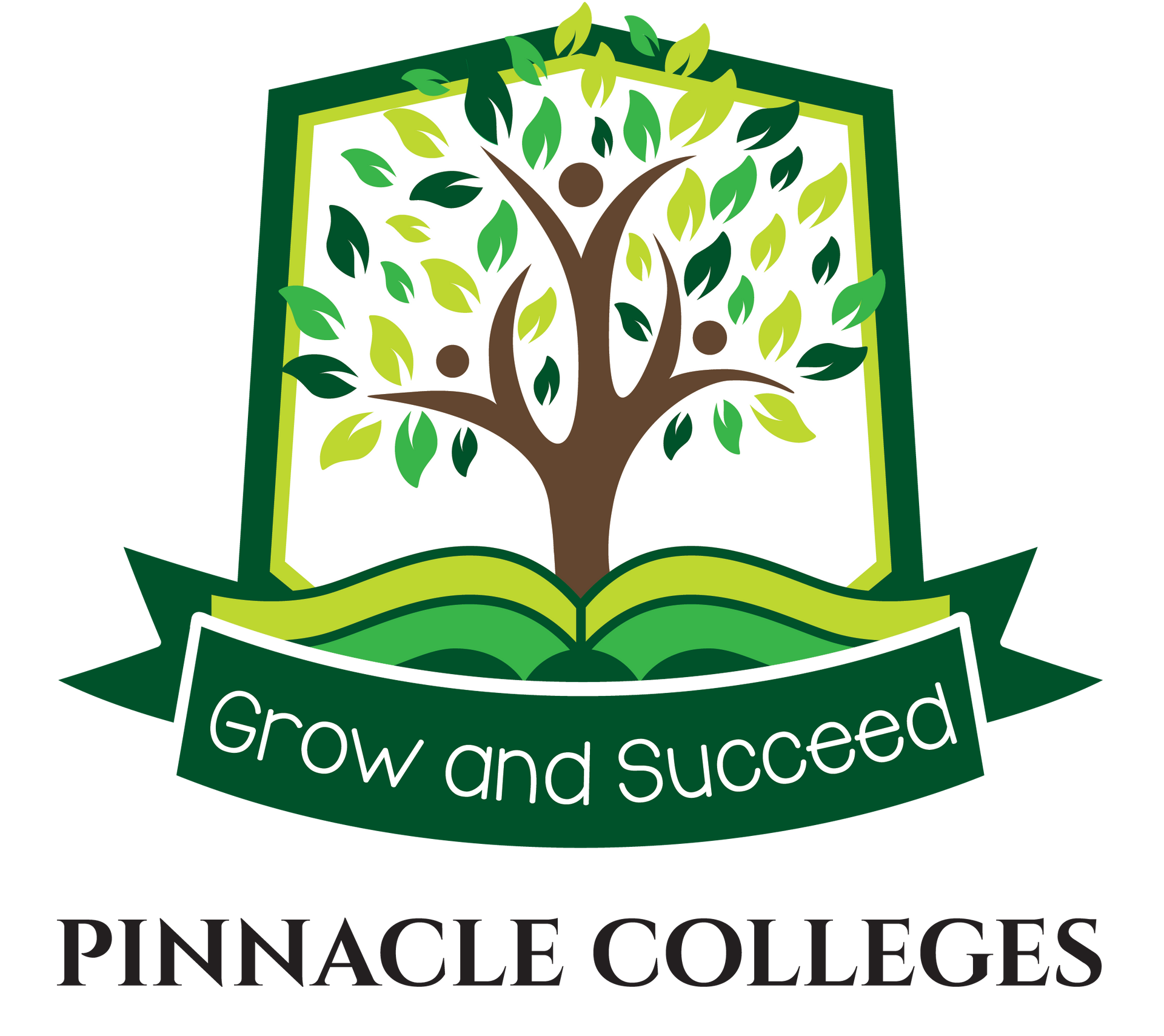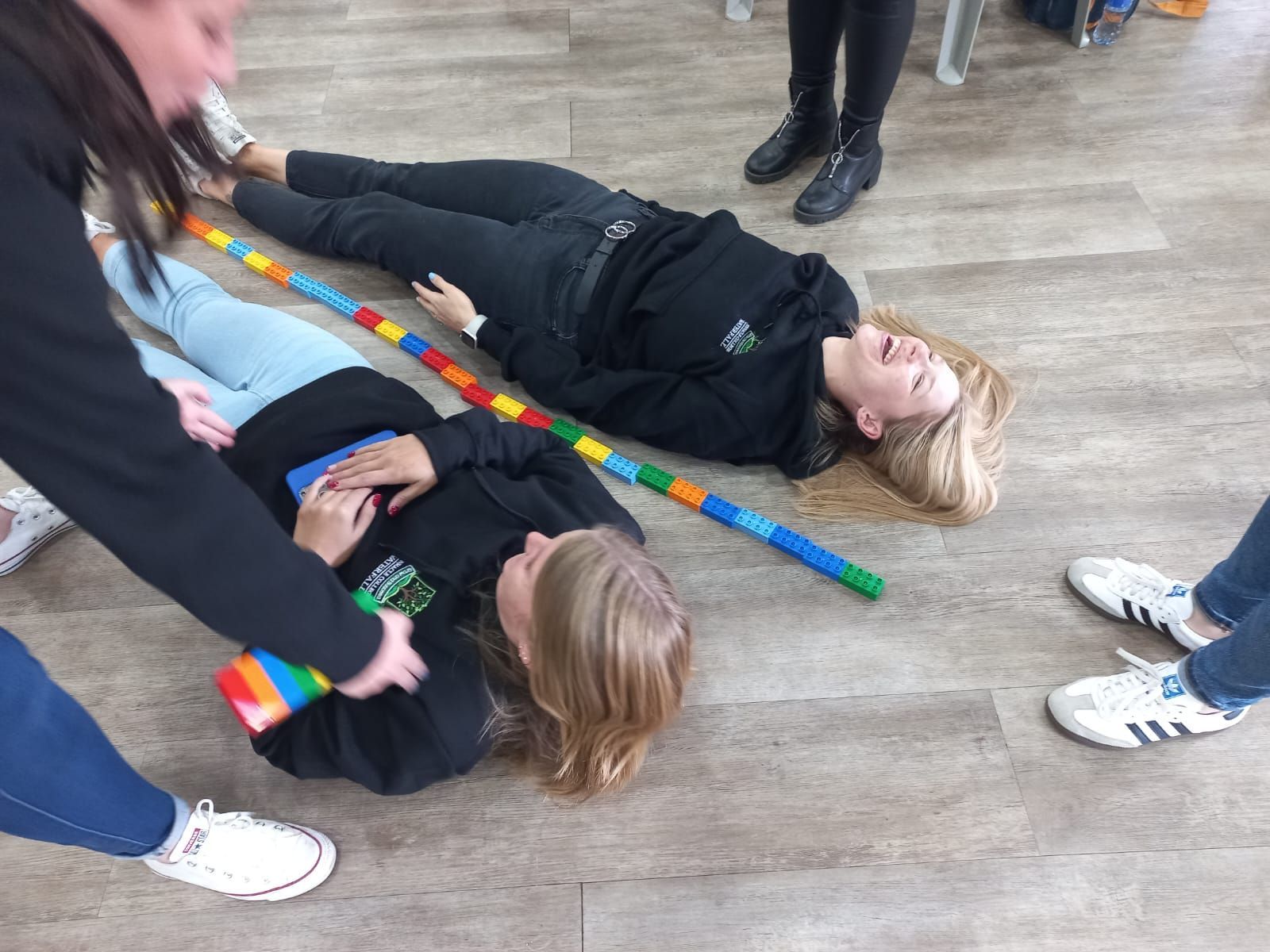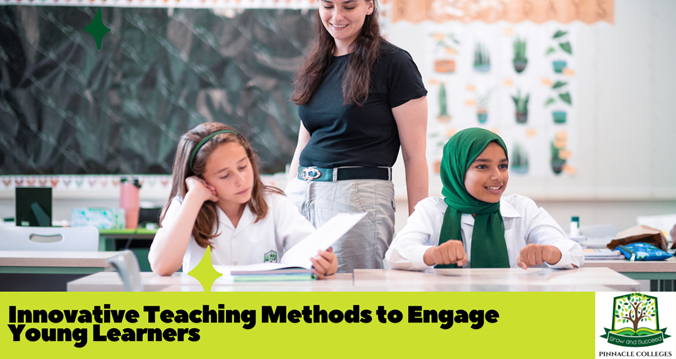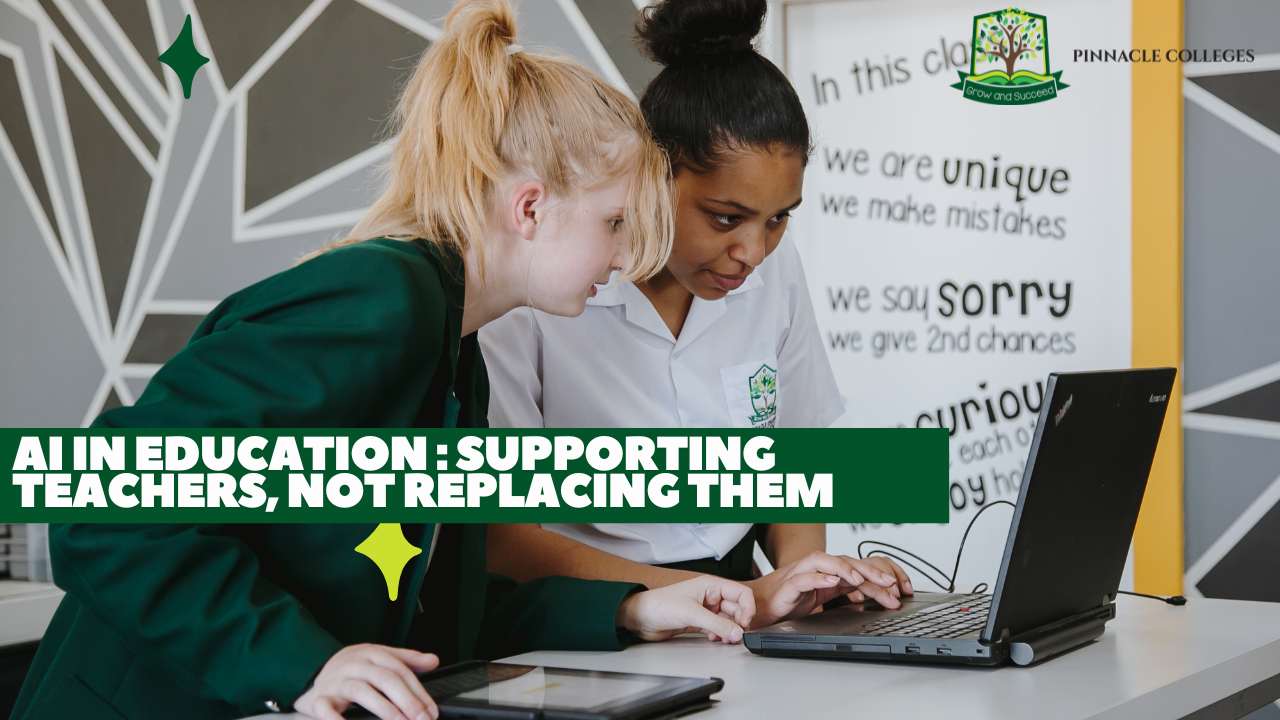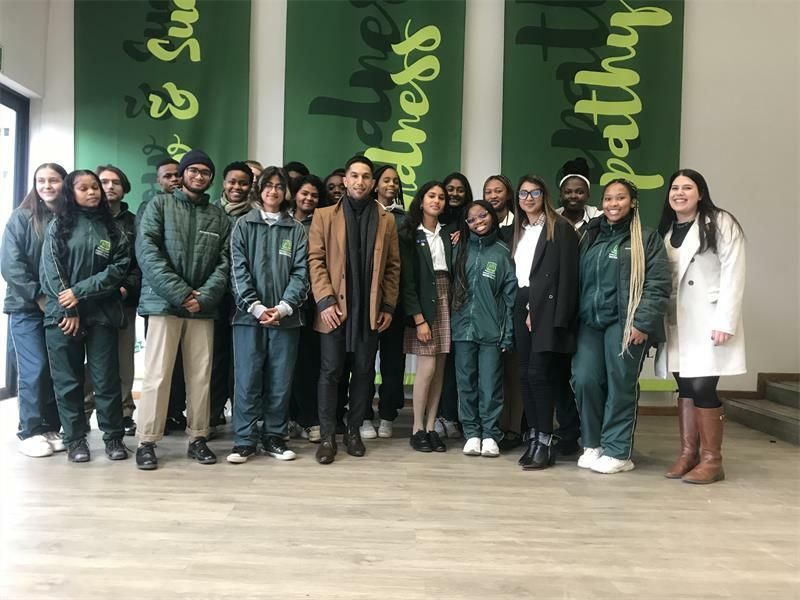ACADEMIC JOURNEY OF A LIFETIME: THE SCHOOL, STUDENT & PARENT RELATIONSHIP
A fulfilling, meaningful and ultimately successful academic journey relies on a close relationship between the school, parents and students

A fulfilling, meaningful and ultimately successful academic journey relies on a close relationship between the school, parents and students throughout, and all of them are required to play their roles consistently and effectively, an education expert says.
“We can’t always be certain of what the future may hold, and all of us bring to the table our different life experiences, expectations, abilities and personalities. But working towards a solid foundation of trust and understanding, and always centering the needs of the student, will ensure that regardless of setbacks and challenges, all parties are able to experience success during the many years a child will spend at school,” says Desiree Hugo, Academic Head at ADvTECH Schools, SA’s leading private education provider.
Hugo says it should come as no surprise that where an emotive and life-changing endeavour such as a school is concerned, with its myriad employees, many parents and students, service providers, schedules, divergent approaches and essential and valuable logistics, it is inevitable that there will be variance in expectations.
The relationships that exist in schools are complex and need constant attention by all stakeholders. The success of students and positive student experiences must underpin all undertakings and relationships within a school. Stakeholders must build trust and good faith to ensure consistent student’s development and performance.
The roles of the 3 parties – school, students and parents – can be defined as follows:
PARENTS
The parent’s responsibility is to take an interest in their child’s wellbeing and build relationships. They will be selecting the school best suited to their child’s interests and are tasked with ensuring they do thorough due diligence before signing up with an institution. Then, once at school, they need to stay involved. Any significant events or changes in a child’s life may impact a student’s engagement and learning, and it is important to share that with the school so that the school can better serve the child’s unique needs and provide the necessary support.
It is also worth teaching children the value of perseverance. If there are difficulties, don’t simply move the child to another school, but rather work with the school to address concerns. This builds character and resilience.
Endlessly moving from school to school does not support your child’s learning experience. Rather continually engage with the school to help your child grow and build necessary life skills of grit and perseverance. Children take their cue from their parents, so if parents speak derogatorily about a school or a teacher, that child’s ability to thrive is immediately limited due to a lack of trust.
Get involved in school and extra-mural activities and seek to become part of the community of growth in which you enrolled your child. In doing so, the school ultimately also becomes part of families’ personal network and foundation of support.
TEACHERS
The student experience must be at the heart of what teachers do. Their role is to ensure they develop, inspire and support learning across all phases in education. The teachers build positive relationships with students to ensure their social and emotional status enables learning. Academic success for all is a key strand of the role of the teachers, and this is underpinned with future focused classroom experiences. Teachers enable inquiry- based learning, integrated with ed tech which at all times align teaching and learning to the core values of respect, diversity and inclusion.
Using data constantly in lessons to drive improvement and ensure progress for each student, teachers are responsible for building supportive learning engagements and interventions to enable this.
STUDENTS
Students must be encouraged to respect the ethos and rules of the school and the community, engage in lessons and ask questions.
Parents must encourage open and honest communication between themselves and their children, and teachers and children. Help your child set goals and work towards attaining them. Help them cultivate discipline by ensuring they do their homework and take accountability for their performance. Doing so will for the most part eliminate the need for tutors as crutches, and will build resilience and a willingness and ability to move on from failure.
“When there is mutual support and trust between students, parents and the school, this provides a firm foundation for students who are then able to focus on their studies with confidence, and without external noise arising from unnecessary conflict. If teachers and parents are able to engage openly and honestly, without fear and by centering the child’s needs, this provides the perfect setting for academic excellence.”
ABOUT ADvTECH
The ADvTECH Group, a JSE-listed company, is Africa’s largest private education provider and a continental leader in quality education, training, skills development, and placement services. The Group reports its performance in a segmental structure reflecting the Schools and Tertiary as two separate education divisions, and Resourcing as the third division. ADvTECH’s Schools division comprises 9 brands with more than 108 schools across South Africa and the rest of Africa, including Gaborone International School in Botswana, and The Makini Group of Schools and Crawford International in Kenya.
It owns 9 tertiary brands, across 32 campuses across South Africa and the rest of Africa.
ADvTECH’s 8 resourcing brands places thousands of candidates annually, assisting graduates to make the transition from the world of study to the world of work.
